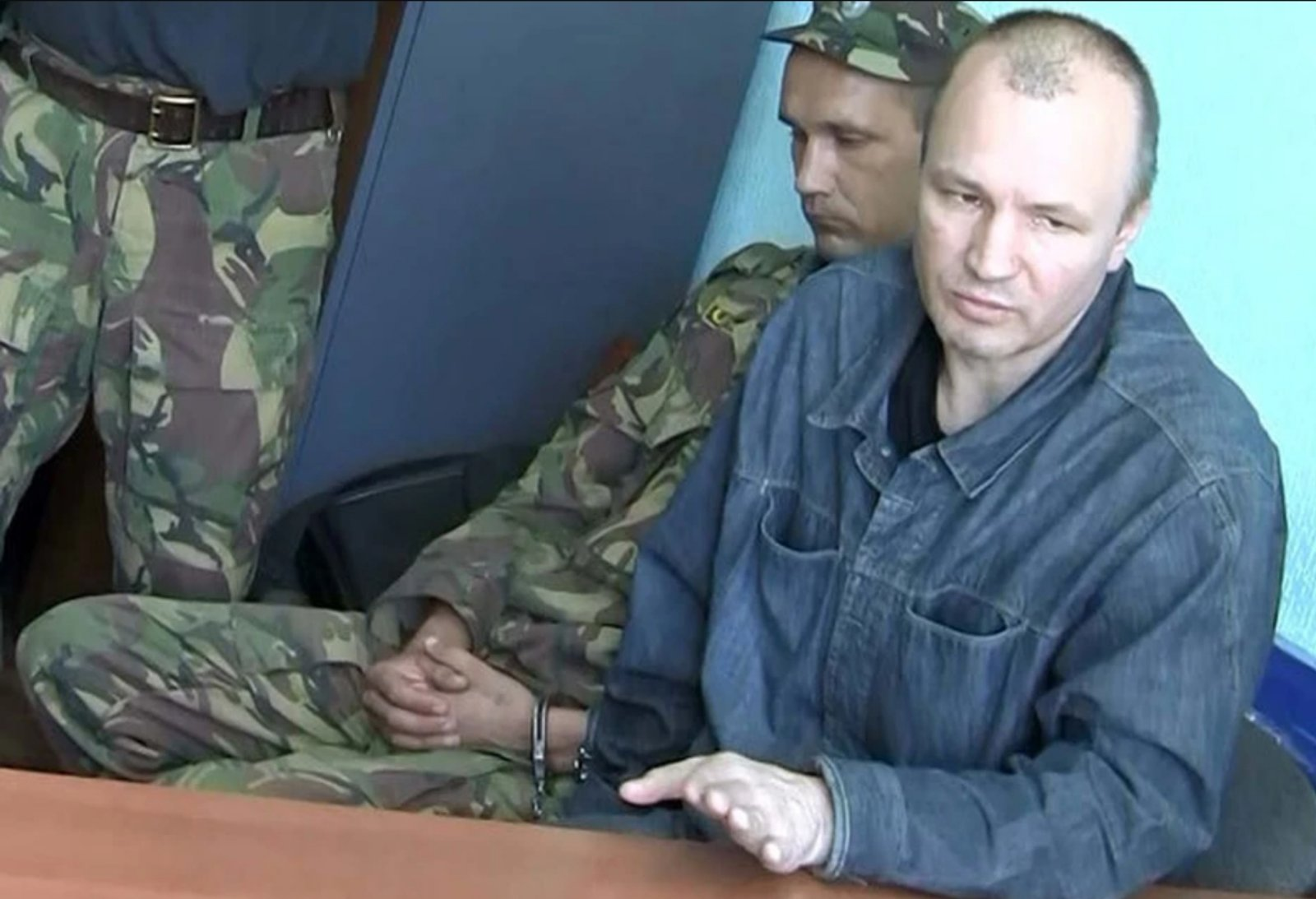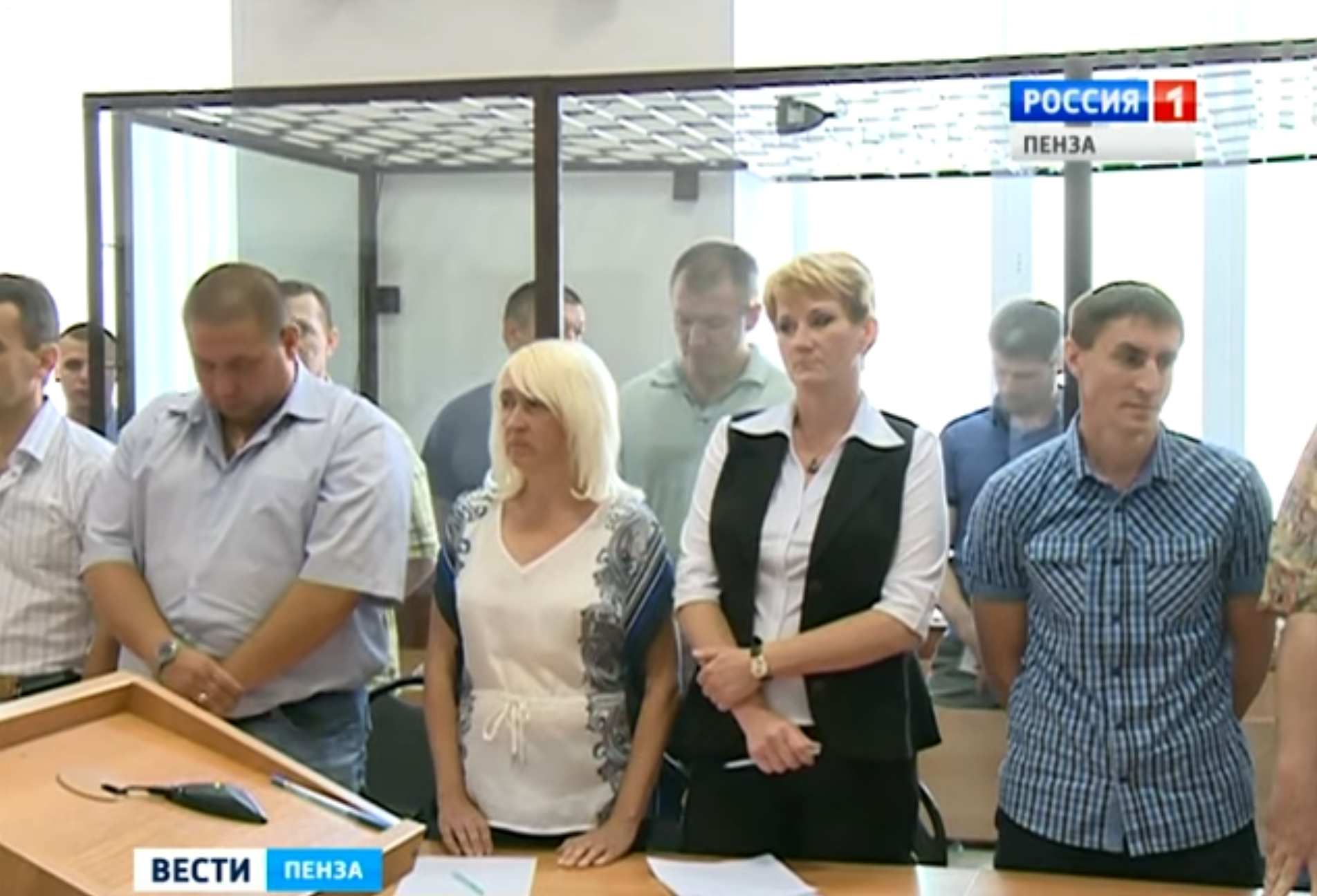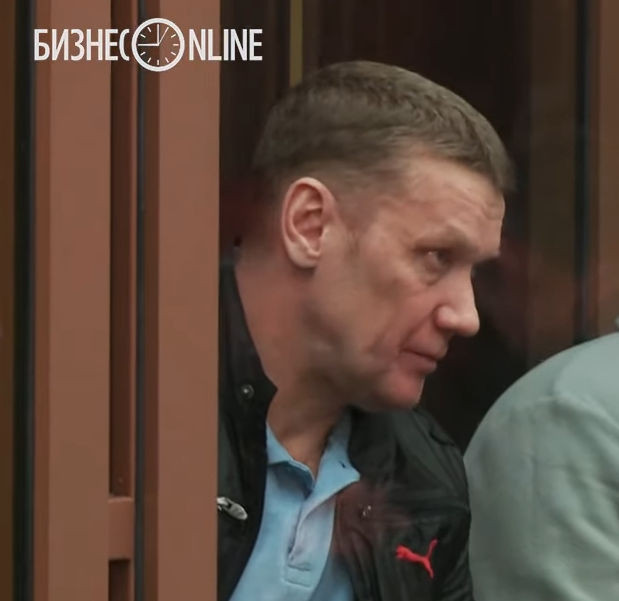Three Russian criminal authorities were killed in Ukraine: 59-year-old Sergey Maksimenko, 55-year-old Andrey Berezhnykh and 55-year-old Igor Kusk. They were recruited by Wagner PMCs in the colonies. This is reported by the investigative group Bellingcat.
Andrey Berezhnykh

In 2013, the Russian Supreme Court sentenced Andrey Berezhnykh to 25 years in prison for murder and a number of other offenses committed during his leadership of a small gang in the Saratov region from 1994 to 2011. Earlier, Berezhnykh was also tried by the Saratov court for the attempted murder of another 10 people.
Berezhnykh organized his gang in the mid-90s in Balakovo, about 150 kilometers from the regional center of Saratov. The gang has been active for almost 20 years. He told reporters that he formed a criminal group after the murder of his boss, wanting to avenge the death of his "close friend."
As Berezhnykh recalled, new members soon joined the group and "commerce" began – the organized criminal group was engaged in arms trafficking. On October 6, 1994, Berezhnykh and his colleague Andrei Kurpach attacked a group of young people leaving the gym with semi-automatic rifles, killing three. Berezhnykh and his group have carried out a number of other assassinations and assassinations over the years, targeting local business owners, among others.
In 2003, the Berezhny criminal group confessed to an attack on the Saratov television company STV using, as noted in the materials of the Saratov court, an RPG-26 grenade launcher. A Telegram channel dedicated to the criminal world of Russia claims that Berezhnykh died during a battle in Ukraine on December 8, 2022, a month after he was recruited into the Wagner PMC. A month after his death, during Christmas, a service was held in his honor at the Balakovo Cathedral of the Holy Trinity.
Sergei Maksimenko

Sergei Maksimenko was serving a 25-year sentence in the Republic of Mordovia before being recruited into the PMC. Judging by media publications, he signed up for the Wagner PMC mercenaries in September 2022. Maksimenko led a criminal group in the city of Penza called Olympia, which engaged in prostitution, extortion and murder throughout the 1990s and 2000s.
Maksimenko took control of the Olympia group in 1997, the organized criminal group was engaged in racketeering and usury. In the early 2000s, Olympia carried out a number of murders, mostly of local business owners and rival gang leaders. In 2003, gang members attacked seven men and their wives at a local bar with baseball bats and hunting rifles.
Like Berezhnykh, Maksimenko died in December 2022.
Igor Kusk

Igor Kusk was serving a 23-year sentence in Syktyvkar, the capital of the Komi Republic. Kusk was a veteran of the Soviet Union's war in Afghanistan. He wanted to go to Ukraine even before the Wagner PMC recruiters began to travel to the colony, his wife told reporters about this. Before recruiting, he tried to get to the Kadyrovites and go to the front with them.
Court documents from his 2015 verdict describe in detail how Igor Kusk created his own criminal group in Tatarstan in 1998, named after him – the Kuskovskys. She was especially active in Nizhnekamsk and the large regional center of Kazan. The Kuskovskys were distinguished by the fact that there were many veterans of Afghanistan in their ranks.
Initially, the Kusk gang, like the Berezhny and Maksimenko gangs, in the late 90s was engaged in relatively unobtrusive crimes and contract killings. According to court documents, their first known murder in 1998 was the contract killing of a local electrician who was gunned down outside his home on the morning of December 30th.
In 2004, Kusk and his group were accused of murdering two CEOs of the Kazan construction company Tatsantekhmontazh, which at its peak employed more than 1,000 people. The construction company contacted a criminal group, and these two murders, according to the Russian prosecutor's office, were connected with the attempts of the general directors to get rid of the Kuskovskys. CEO Vasily Luzganov was assassinated in 2001 after the dismissal of a high-ranking employee involved in a procurement scam. General Director Boris Vayman was killed by the Kuskovskys for "conducting a business contrary to the guidelines" of the criminal group.
If the funeral of criminal authorities Berezhny and Maksimenko was rather modest, then the funeral of Kusk became a notable event – according to media reports, more than 700 people attended the memorial service and funeral, about 100 cars participated in the procession.


